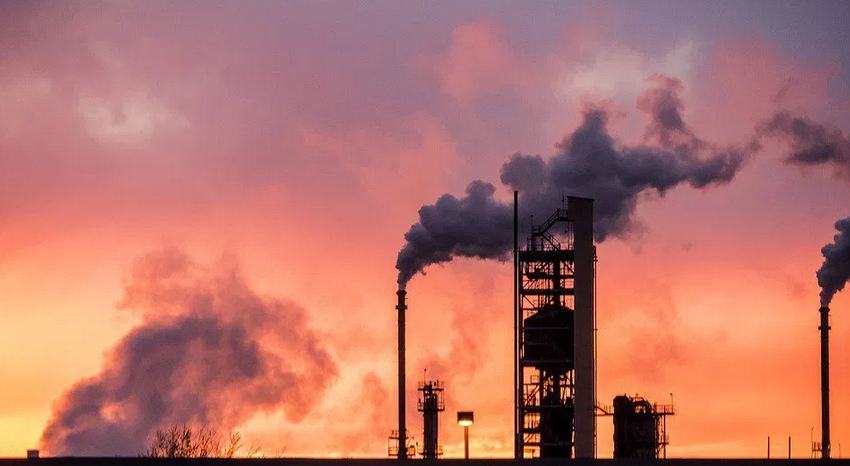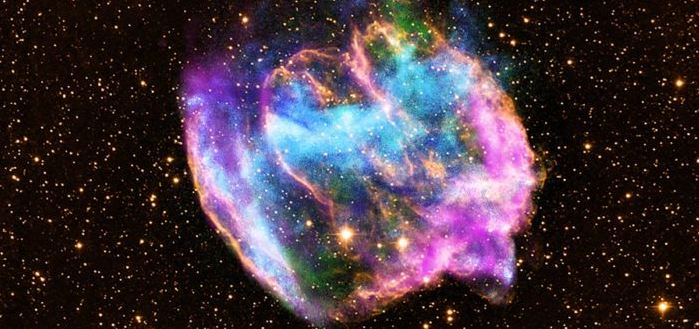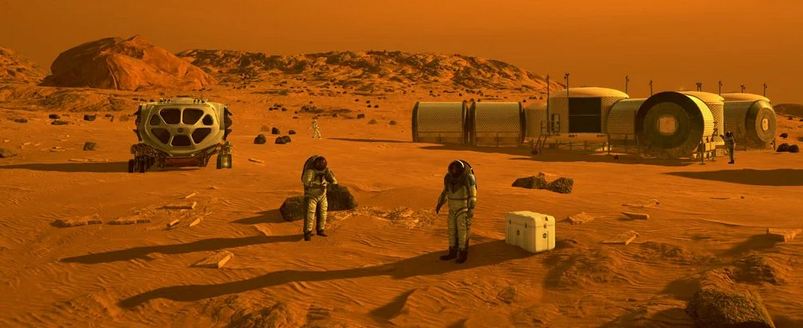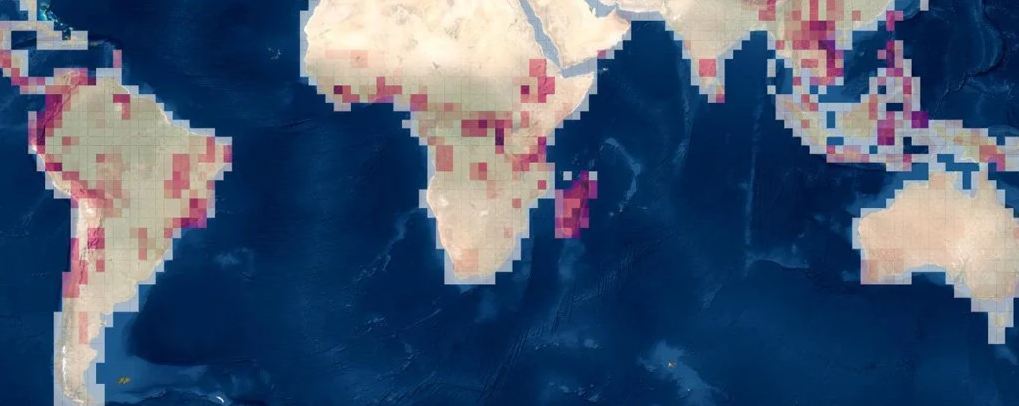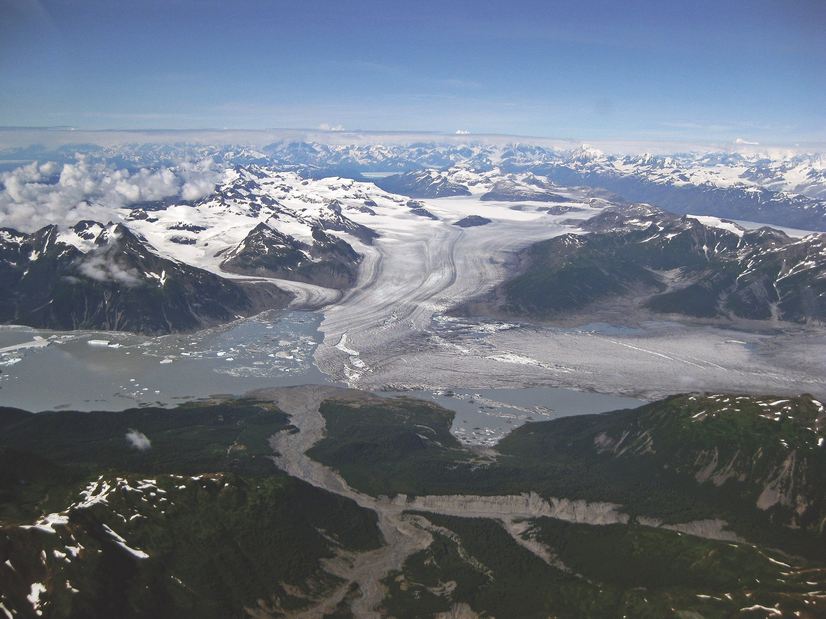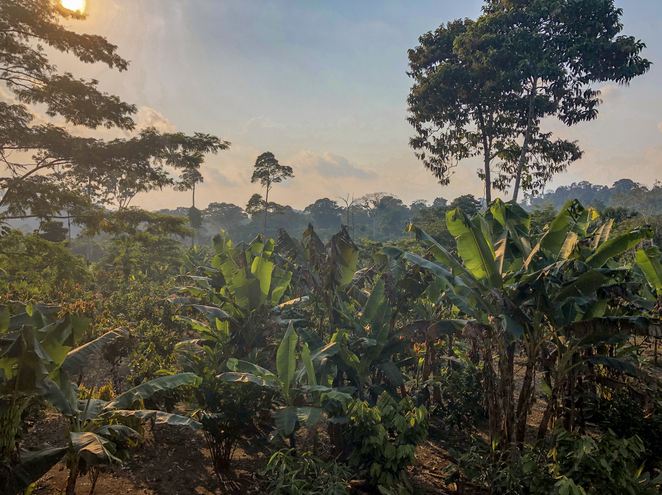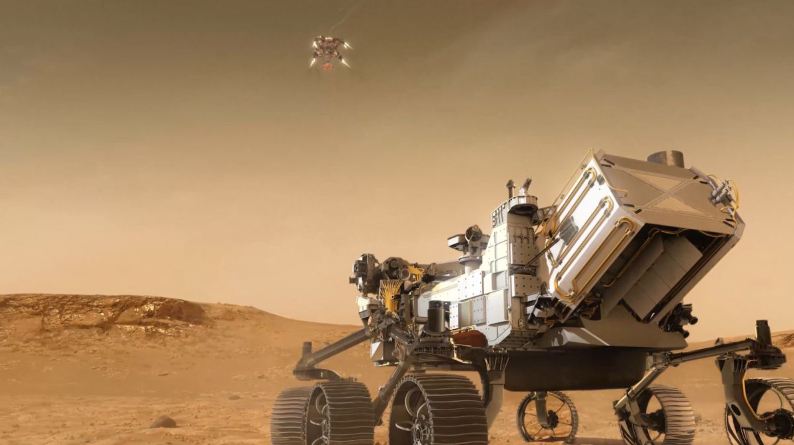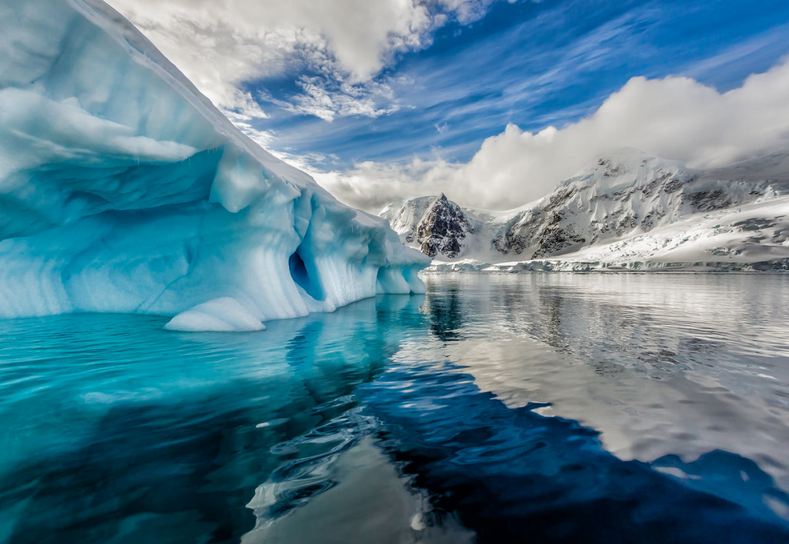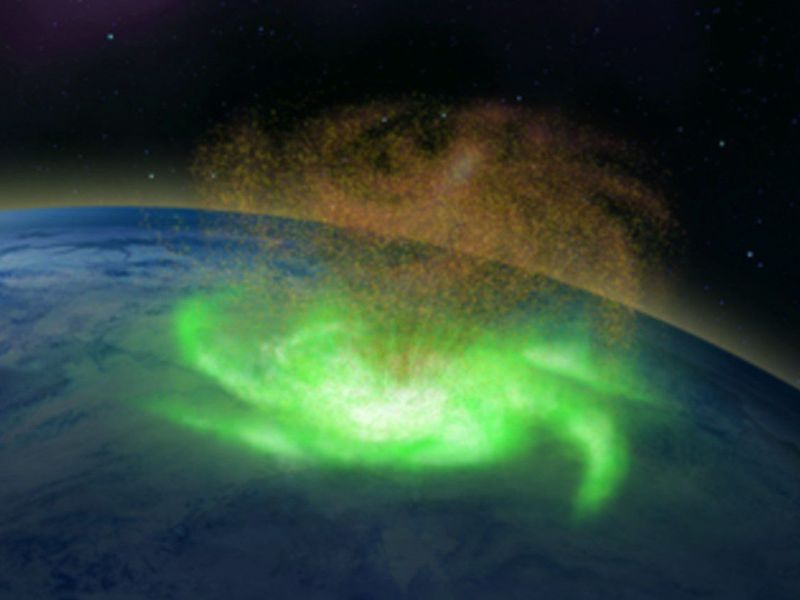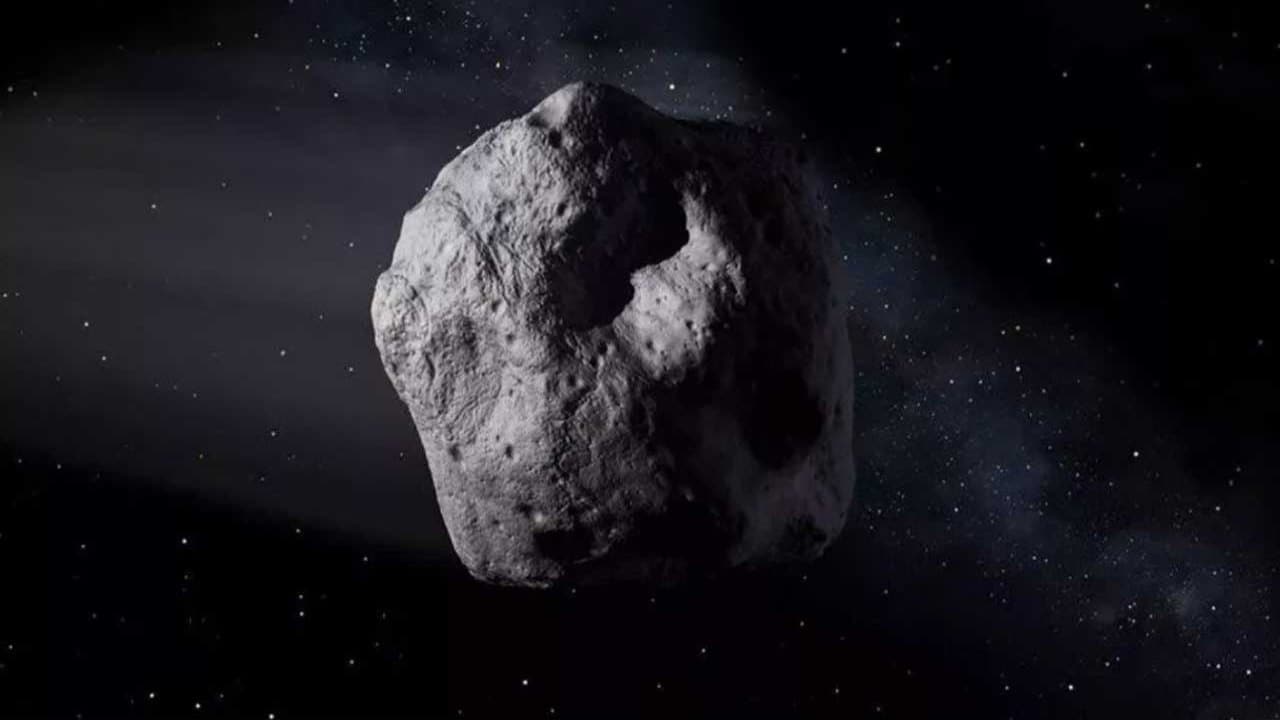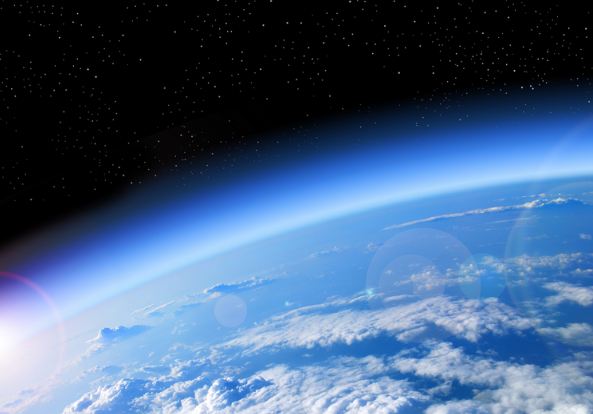As new research emerges, we learn how our planet experienced the coldest temperature ever recorded. A team of researchers led by Dr Simon Proud, a research fellow at the Department of Physics and the National Centre for Earth Observation, made ...
As new research emerges, we learn that oil and natural gas production emit a lot of methane, more than previously estimated. The recent batch of data has been released by the SEAS (the Harvard John A. Paulson School of Engineering ...
Only some stars die, and when they do that, they go out in a blaze of glory: a peculiar yet tragic event known as a supernova. New information about supernova aftermath is now available. Astrophysicists succeeded in simulating what happens ...
A decommissioned weather satellite not used since eight years ago broke up, increasing the debris population (mostly space junk) in a critical orbit. The Space Force’s 18th Space Control Squadron announced that on March 18, it was confirmed that the ...
The Middle East and North Africa Region, also known as MENA, is now a climate change hot spot. Summers there are much warmer than in the rest of the world. Also, some regions are rated as the hottest locations worldwide. ...
Recent discovery of new strains of bacteria on the ISS has created quite the buzz among scientists. Thanks to this, we might be able one day to grow food in space. Growing food in space is probably the most challenging ...
New scientific work includes one of the most intriguing maps ever seen featuring the regions where undiscovered animals could be. In these times of crisis, a map of the unknown might be just what we need. Such speculative cartography might ...
A woman who manifested long COVID stated that her symptoms vanished 36 hours after getting the second vaccine dose, an article from The Washington Post says. Arianna Eisenberg, aged 34, claimed that she experienced muscle pains, brain fog, fatigue, and ...
New research found that melting glaciers near Glacier Bay National Park has triggered earthquakes’ location and timing. The results include a recorded earthquake magnitude of 0.5 or more in the region during the last century. Melting glaciers have been the ...
As new research emerges, we learn the Amazon is at risk of collapsing, influencing global climate more than previously thought. Factors, like drought, land clearing, and fires, turned the world’s largest tropical rainforest into a real threat. The research aims ...
Can you imagine what our planet might have looked like in its early years? As challenging as it might be, this imagination exercise actually helps. At least, that’s what a team of researchers believes. Earth billion years ago was different ...
It’s official! NASA’s rover has begun its search for signs of life on the Red Planet. The Perseverance rover’s SuperCam has collected the first “pieces of Mars,” and now we have all the details. This is just the first step ...
Our planet’s ice cover started to melt quickly at the beginning of the 20th century. The sea ice and the glaciers in the Antarctic and Arctic areas are now melting at alarming rates. The recent statistics, however, should worry us ...
Each person sees beauty differently, as the saying, “beauty lies in the eye of the beholder.” But what if there’s more than that. According to a new study, the concept of physical beauty is somewhere in mind, determined by whatever ...
Scientists have long believed that space could help form storm-like conditions above our planet, but now they have a photo of what researchers called a plasma space hurricane. The authors of a new paper recently posted in Nature Communications (https://www.eurekalert.org/pub_releases/2021-03/uor-sho030221.php) ...
The most catastrophic event in our planet’s history in terms of biomes was the mass extinction that followed an enormous asteroid impact. It is the same asteroid that wiped out the dinosaurs. However, the disappearance of the dinosaurs let mammals ...
As new research emerges, we learn that asteroids are more than meets the eye. An intriguing discovery left scientists in awe, unveiling water and organic matter on an asteroid sample. This is the first time when organic materials have been ...
As new research emerges, we learn that Earth will lose its oxygen-rich atmosphere in about 1 billion years. What should we expect? A team of researchers came up with enough evidence via simulation that our planet is still right on ...
A mega iceberg, around 20 times the size of Manhattan, broke off from Antarctica’s Brunt Ice Shelf. This tragic news came after a huge crack, dubbed the “North Rift,” resurfaced on the shelf last year. The North Rift is actually ...
As new research emerges, we learn mangrove forests have an essential role in storing carbon. Apparently, species diversity in mangrove forests boosts soil carbon storage and biomass production. Such a discovery highlights the inability of preserving biodiversity as a nature-based ...
New research about extremist brains offers new intriguing details that’ll leave you in awe. Apparently, those with extremist views aren’t only identified by their social, religious, or political beliefs. There’s more to consider. Those views can be recognized in something ...
Global dimming is now a huge concern as the amount of sunlight reaching Earth varies a lot. The first steady decline occurred back in the 1980s in different parts of the world. A new study shows how we are the ...
Chemical pollution threatens Earth and poses short-term and long-term dangers for our health. Ozone, acid rain, greenhouse gases, and other chemicals resulting from our activities are all chemical pollution examples. Recently, an international team of scientists has released a statement ...
With all the news regarding what is rapidly turning into a real traffic jam around Mars’s orbit, many of us overlook the beauties of what can be found on the Moon. China’s Chang’e 4 lander and Yutu 2 rover entered ...
The sea levels are still rising, and previous predictions were right. Such a statement came after scientists rigorously verified the early 21st-century climate modelling projections. According to these findings, the sea levels in the coming decades will continue to rise ...


